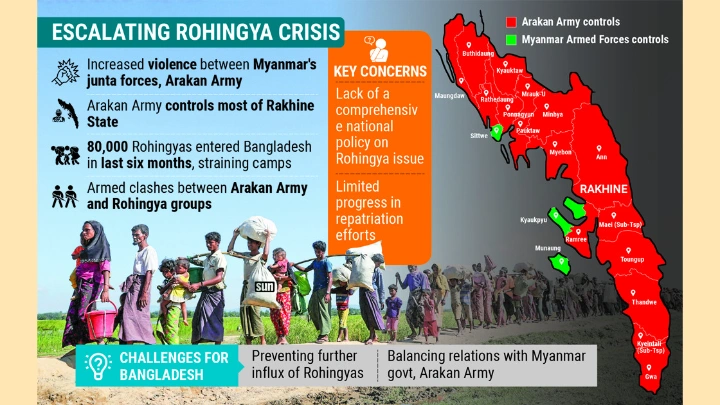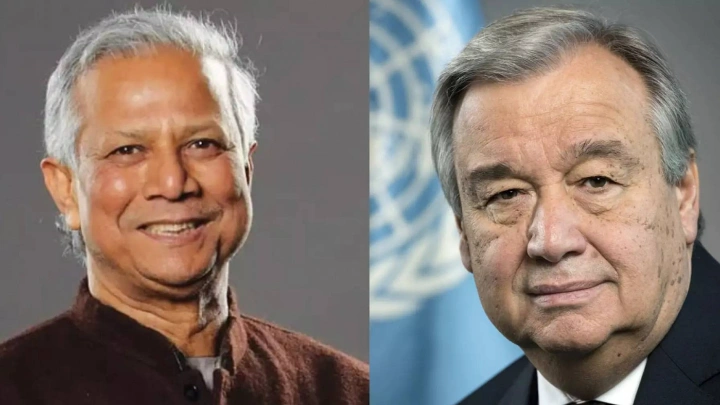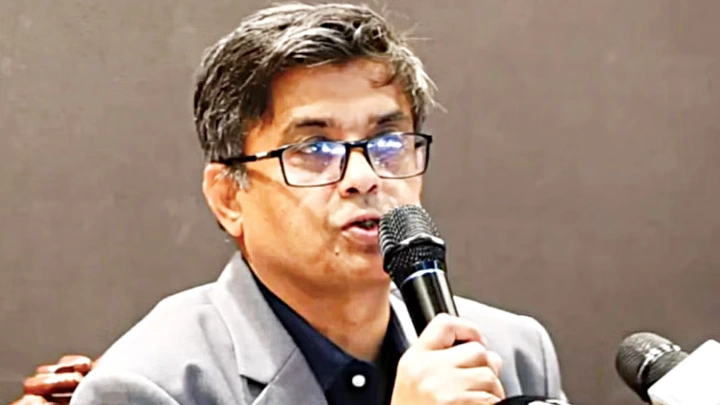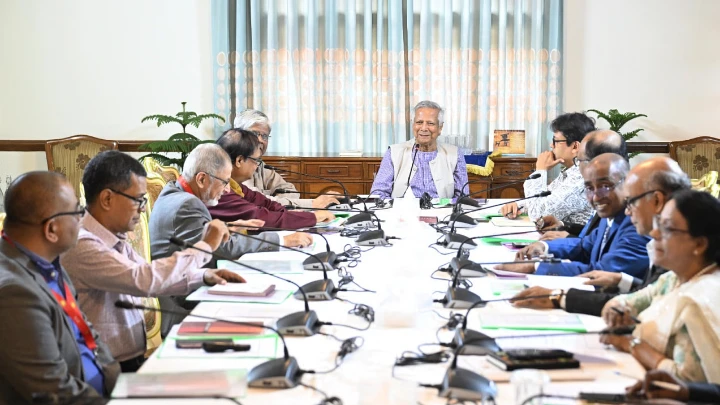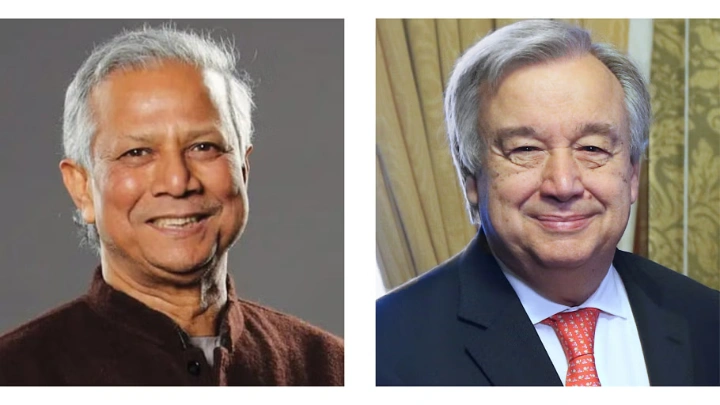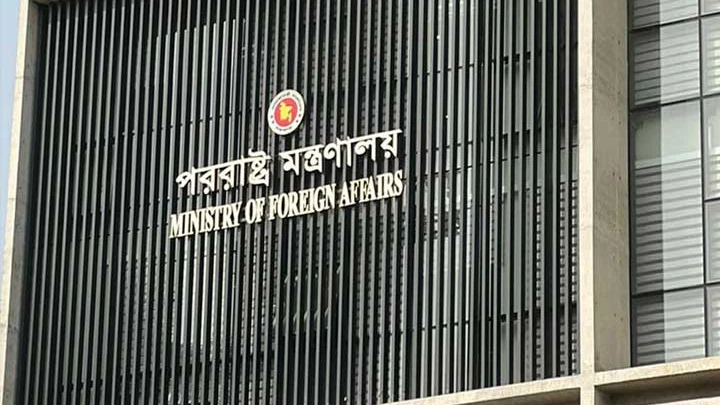Rohingya repatriation hopes fade amid Myanmar turmoil
DailySun || Shining BD
Hopes for the swift repatriation of the Rohingya living in camps across Cox’s Bazar have faded, as tensions have escalated in Myanmar between state forces and the Arakan Army.
This unrest poses significant challenges for Bangladesh in preventing a fresh influx of persecuted individuals from its unstable neighbour.
Bangladesh’s negotiations with the Tatmadaw (Myanmar Armed Forces) are at an impasse, while the Arakan Army now controls 14 of Rakhine State’s 17 townships, leaving only Akyab (Sittwe), Manaung, and Kyaukphyu under government control.
At least 80,000 Rohingya entered Bangladesh in the last six months, including around 60,000 in the past two months alone. This has intensified the crisis in the already overburdened camps of Ukhia and Teknaf, which shelter over 1.2 million Myanmar nationals. Still around 500,000 Rohingya are living in Rakhine.
The morally bankrupt Tatmadaw seems unable to counter the highly popular Arakan Army, which enjoys strong support among the united Rakhine nation.
Meanwhile, some 28 Rohingya organisations issued a joint statement on 23 December 2024 calling on the rebel Arakan Army to “uphold and respect the rights of the Rohingya and all ethnic and religious minorities” in the troubled state.
“This moment offers an opportunity to transform the future of Arakan state – one rooted in respect for human rights, justice, and equality for all. It is a chance to move beyond the divisions sown by the military junta and rebuild a prosperous Arakan (Rakhine) state where peace and coexistence are the foundations of governance,” the statement read.
“We urge the Arakan Army to view us not as adversaries, but as partners in shaping a shared and prosperous future for the Arakan state,” it added.
But armed Rohingya groups – the Arakan Rohingya Salvation Army (ARSA) and the Rohingya Solidarity Organisation (RSO) – have taken up arms against the Arakan Army and this has pushed the possibility of repatriation further into uncertainty.
In this situation, Bangladesh’s interim government has appointed Dr Khalilur Rahman as the High Representative of the Chief Adviser for Rohingya and Priority Affairs.
The government has also begun efforts to organise an international Rohingya conference, but tangible results from these initiatives have yet to materialise.
Experts have called for an urgent reassessment of Myanmar’s changing dynamics to protect Bangladesh’s interests.
“Repatriation of the Rohingya is impossible at the moment. We must accept this reality and monitor every development in Myanmar while reviewing our relations with the neighbour,” said former ambassador M Humayun Kabir, president of the Bangladesh Enterprise Institute.
He also stressed the need to strengthen border security to prevent further influxes, stating, “Bangladesh must secure its borders to ensure no more Rohingya enter its territory.”
However, there are differing opinions on how to approach the Arakan Army.
Prof Sabbir Ahmed from Dhaka University’s political science department warned against engaging with the group.
“Bangladesh should communicate with Myanmar’s government to resolve the crisis. Engaging with the Arakan Army could alienate Naypyidaw and complicate relations further. Instead of relying on China and India, we should escalate the matter to the United Nations and involve the United States,” he said.
He also stressed developing Bangladesh as a strong country to be dealt with.
Conversely, security expert Air Commodore (retd) Ishfaq Ilahi Choudhury argued that dialogue with the Arakan Army is vital for Bangladesh.
“The Arakan Army will likely demand autonomy, if not independence. Bangladesh should engage with its political wing through informal channels to ensure the safe return of their citizens once normalcy is restored in Rakhine,” he explained.
He also emphasised the need for regional cooperation, saying, “We must involve China, Thailand, Malaysia, and ASEAN to create collective pressure on Myanmar.”
Ishfaq Ilahi further suggested raising funds through the Rohingya conference to share the burden among other nations.
Prof Shahab Enam Khan of the Department of International Relations at Jahangirnagar University described the situation as unprecedented, noting that no non-state actor had previously controlled areas adjacent to Bangladesh’s border.
“Myanmar’s situation changes frequently. Bangladesh could consider track-two diplomacy with the Arakan Army while maintaining a balance with the Tatmadaw and the National Unity Government of Myanmar,” said Prof Shahab, who is also the executive director of the Bangladesh Centre for Indo-Pacific Affairs.
He added, “Dealing with this crisis will remain challenging until an elected government assumes office in Bangladesh.”
Despite the critical circumstances, Bangladesh has yet to hold a national dialogue to formulate a comprehensive policy on the Rohingya issue.
There are also questions about the interim government’s capacity to implement strong political measures.
Refugee Relief and Repatriation Commissioner Mohammed Mizanur Rahman highlighted ongoing efforts to identify and register the newly arrived Rohingya.
“The biggest challenge ahead is preventing a large-scale influx. Border security has been strengthened, and we are registering new arrivals in the camps,” Mizanur said.
He acknowledged the uncertainty surrounding the Arakan Army’s status, stating, “Myanmar is not responding, and this has stalled our progress.”
Mizanur also confirmed that the High Representative of the Chief Adviser for Rohingya and Priority Affairs is working to organise an international Rohingya conference within the first quarter of the year.
Shining BD

